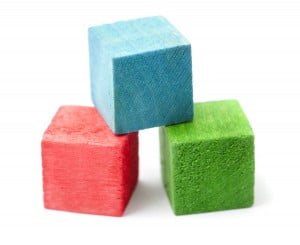Clarity,
Office 17622,
PO Box 6945,
London.
W1A 6US
United Kingdom
Phone/ Voicemail:
+44 (0)20 3287 3053 (UK)
+1 (561) 459-4758 (US).


You have missed my point. I was not speaking of insanity as such but where a person keeps on asking a question even when it is quite evident from feedback in the real world that a situation is not viable.
The example of 'john' took this to the extreme that's all.
Take someone who says they have a 'long distance relationship' with someone who seems to uninterested in communicating with them. Yi indicates 'let it go' ...
The commentary is not the answer
I have ridden this hobby horse round and round the site for years, but I’m always happy to give it another outing. You would not have a conversation with a friend by taking a poll of what half a dozen other people think he’s trying to tell you – let alone other people who have never met you and have no idea what your conversation is about. So why would you set out to interpret a reading by scanning commentaries rather than sitting with what the oracle says?
(As for the authors who think it a grand idea to ‘simplify’ the Yi by removing its images altogether and replacing them with their own circumlocutory waffle, because of course they know everything that image could possibly mean under any circumstances… need I go on?)
In other words, it’s a commentary adding value judgements that weren’t in the original – but at least it’s an ancient and venerable commentary.
But not all modern commentaries are based on the xiaoxiang. For 9.3,
‘A cart losing its wheel spokes.
Husband and wife avert their eyes.’
- another line without good or bad omens – the xiaoxiang only says ‘this is a sign they cannot keep their house in order’. So does that always have to mean,
‘Things come apart. The spokes are such a small component of the cart, yet when they are lost the whole system collapses. Husband and wife avoid one another’s gaze: where you would expect communication and rapport, there is an inner disconnection…’
- ?
(Yes, that one’s mine. Considerably more catastrophic than the original – especially since it turns out that sometimes, avoiding direct contact is the best way to avoid emotional escalation. I managed to make it sound like an unmitigated disaster…)
And speaking of things that are not the answer
Also, even if you do ignore a reading or six and lead yourself thoroughly up the garden path, it doesn't follow that subsequent readings are untrustworthy. There is that phenomenon where reading #1 is clear and by the time you get to reading #19 it feels like gibberish and all sense of connection is gone - but readings #2 and 3 probably also offered good, clear reality checks. And sometimes reading #72 will do so, too, or at least guide you back gently towards the real world.
Clarity,
Office 17622,
PO Box 6945,
London.
W1A 6US
United Kingdom
Phone/ Voicemail:
+44 (0)20 3287 3053 (UK)
+1 (561) 459-4758 (US).